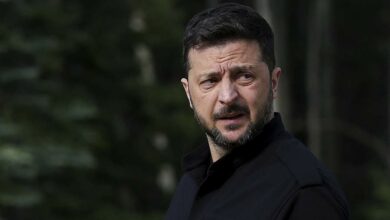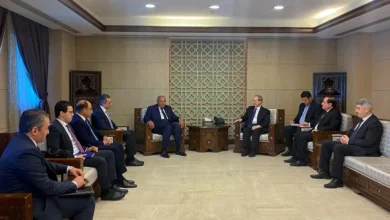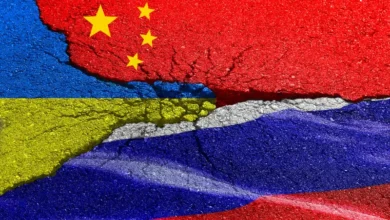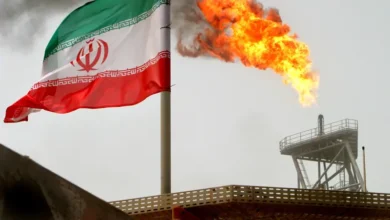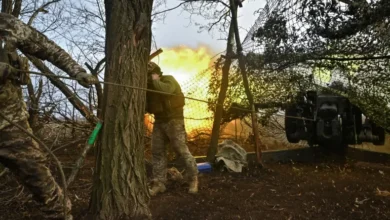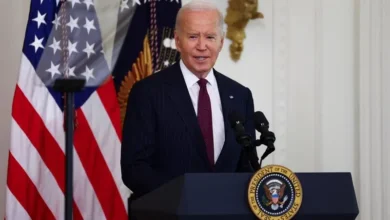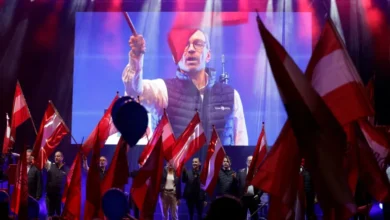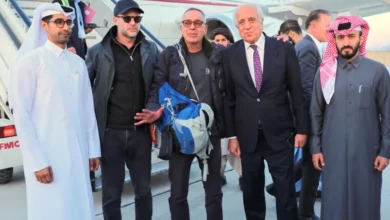Putin backs defense minister’s push for mercenary contracts, despite Wagner refusal
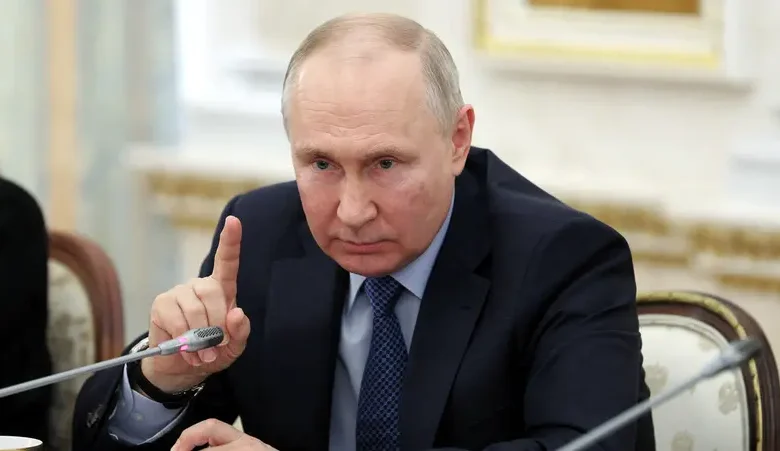
Russian President Vladimir Putin said on Tuesday he supported his defense chief’s order for all mercenary groups fighting in Ukraine to sign contracts with the defense ministry, a day after Wagner group’s chief publicly refused to do so.
“The ministry of defense is now concluding contracts with everyone who wants to continue serving in the special military operation zone [Ukraine],” Putin told war correspondents as cited by TASS.
He said: “This is the only way to ensure social guarantees. Because if there is no contract with the state, if there is no contract with the ministry of defense, then there are no legal grounds for social guarantees from the state.”
“This must be done and done as quickly as possible,” Putin added.
This comes after defense minister Sergei Shoigu issued a decree to formalize the organization of “volunteer formations” reportedly to improve the efficiency of the army. This order stipulated that all volunteer fighters sign individual contracts with the ministry of defense so that they can have the “necessary legal status” to operate in Ukraine.
Putin’s statement puts top mercenary Yevgeny Prigozhin in a difficult position after the Wagner chief publicized on Sunday his vehement refusal to allow his fighters to sign any contract with the ministry of defense. “Wagner will not sign any contracts with Shoigu,” he said in a statement on Telegram.
Prigozhin stressed that Wagner already worked closely with the army’s generals and unit commanders, boasting about the group’s high level of experience and effective structure. He criticized Shoigu, pointing out that most military units lack the efficiency demonstrated by Wagner due to Shoigu’s inability to manage them effectively.
This rejection of Shoigu’s decree is the latest in a series of public confrontations between Prigozhin and high-ranking military officials, including Shoigu and Chief of General Staff Valery Gerasimov. Despite these conflicts, the Wagner chief insists that he maintained strong relations with Putin, underscoring Wagner’s total “subordination” to the interests of Russia and its supreme commander.
The proposed contract system would more tightly incorporate Wagner and Prigozhin into the defense ministry’s structure. This could prevent Prigozhin from expanding his own political and military sway, an endeavor he has been pursuing for months. Putin’s support of the ministry’s initiative may place Prigozhin in a precarious situation, as the ministry has stated that those contracts are needed to grant volunteer groups the legal status required to operate in Ukraine.
